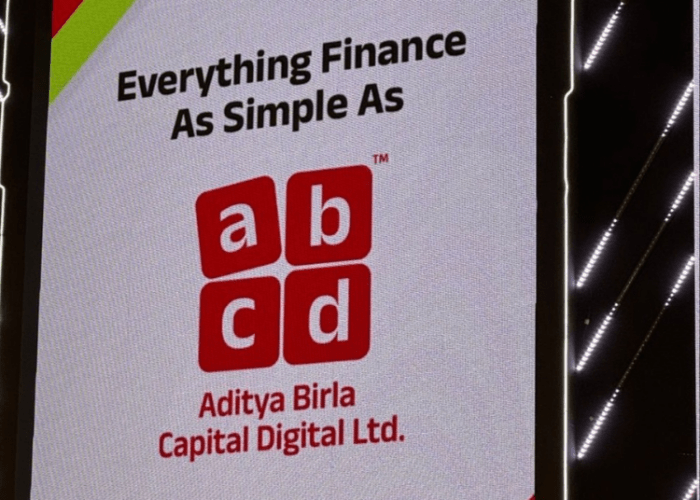Are you interested in launching your start-up or an SME? Wait! For most of you, these two words might have a similar meaning. But it isn’t.
Start-ups and SMEs are often believed to be nothing but small companies that have been built by an entrepreneur to fill a gap in the market and both are focused on growth, profitability, and survival. Right?

But there are certain differences in both. Let us look at those few distinguishable features:
1. Creativity
Small business does not really mean that it must have a uniqueness in the market rather it is one out of many businesses already present.
But for start-up, it’s all creativity and uniqueness. Start-ups are meant to create something new and to improve what already exists.
2. Limitations
Small Business make developments and grow within limits established by a businessperson. You put limitations on the growth of the company and focus on the service of a certain circle of customers.
Start-ups don’t have limitations on its growth and are mostly focused on making an impact in the market and getting as much share as possible.
3. Profit
Small Business is focused on earning profits from the very first day.
But for a start-up, it might even take months or even years for a start-up to start gaining first few cents of profit. The first priority is given to creating an excellent product that would fill the need of the consumers.

4. Technologies
Small Business needs no special technologies. There are many unique technological solutions, which are to be applied to achieve the main business goals.
Start-up often requires technologies as the main product. Moreover, start-up usually requires new technologies to achieve fast growth and scale-up.
5. Lifecycle
32% of Small Business shut down in the first three years. And,
92% of Start-ups shut down during the first three years.
6. Team and Management
Small Business need plenty of workers to be hired to ensure that the company operates within the established limitations of growth.
Start-up manager should have leadership qualities from the very start as long as it ensures start-ups growth as fast as possible.
7. Finance
In order to start one’s own small business, one needs private savings, investments on the part of one’s family, friends, banking credits and/or investor funds.
Also Read:What Is The Difference Between Company And Brand
Many start-up projects are run by private means or with the help of family members and close ones. However, crowdfunding is becoming more and more popular nowadays. There are many ways through which a start-up can be funded.












